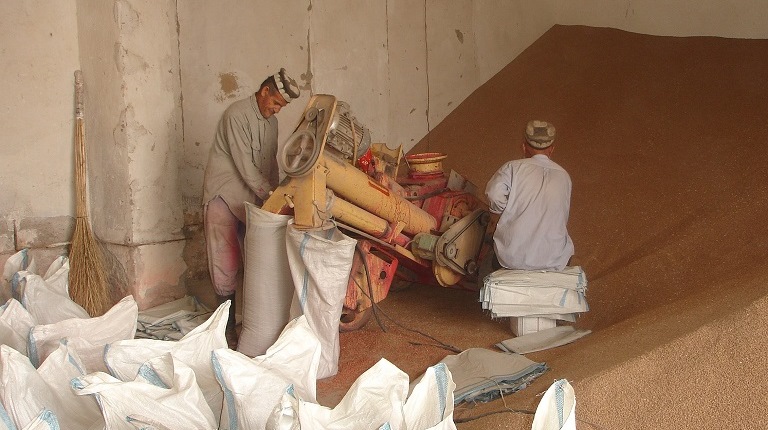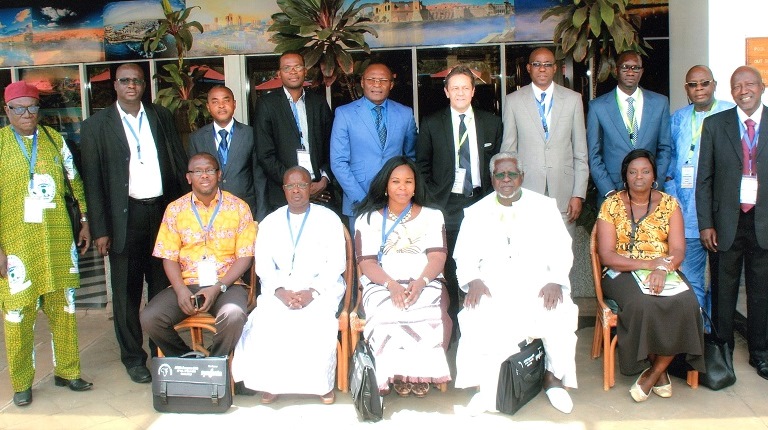International relations
In addition to its leadership in the EU, France also has a major global presence: it exports into 150 countries across 5 continents. France is the world’s number 1 exporter of field crop seeds. In the French seed industry, exports represent 50% of turnover and the trade surplus is more than 1 billion euros.
France’s success is due to the following factors:
- a long history of variety creation
- stable, skilled and secure production networks
- the existence of a structured seed sector
- a favourable regulatory framework
- favourable pedoclimatic conditions
The French seed industry is taking advantage of opportunities on the global market. Non-EU sales are continuously climbing.
| Whole | 1,918 | +3% |
| EXPORTS | 2020/2021 (M€) | vs. 2019/2020 |
| E U 28 | 1,329 | +0.5% |
| BALKANS | 15 | -5% |
| WEST C.I.S. | 233 | +15% |
| MAGHREB | 58 | -4% |
| OTHER AFRICAN COUNTRIES | 73 | +2% |
| NEAR & MIDDLE EAST | 64 | -11% |
| U S A | 29 | +28% |
| LATIN AMERICA | 55 | +59% |
| ASIA | 35 | +9% |
| OCEANIA | 12 | -2.4% |
Expertise and collaboration on an international scale
SEMAE (formerly GNIS) has established collaborations with numerous countries thanks to its international relations department. As part of these collaborations, SEMAE provides guidance on how to develop a viable seed sector that respects international standards without having to rely on public aid or funds from international stakeholders.

© SEMAE / Anonymous

© Anonymous
The organisation can provide help with a variety of tasks, such as :
- improving plant production;
- developing public policies specific to the seed industry;
- standardising control and certification systems to meet the norms established by the OECD, EU, or ISTA (International Seed Testing Association);
- and nationally implementing UPOV (International Union for the Protection of New Varieties of Plants) regulations related to plant variety rights.
In 20 years, SEMAE has built partnerships with 60 countries on 5 continents.
These collaborations may be bilateral or multilateral in nature, and the partners may be regional seed-producer associations (e.g., APSA in Asia or AFSTA in Africa), regional economic organisations (e.g., ECOWAS, COMESA, or SADC in Africa or ASEAN in Asia), or regional organisations dedicated to intellectual property rights (e.g., OAPI or ARIPO in Africa).
The international relations department also deals with issues related to international movements of seeds.
More questions? Please contact us at international@semae.fr
SEMAE is also involved in professional training in all the seed topics, by its subsidiary called SEMAE FORMATION. SEMAE FORMATION classes to international clients and can develop customised training programmes.
Header photo : © SEMAE / Visal Gandhi

